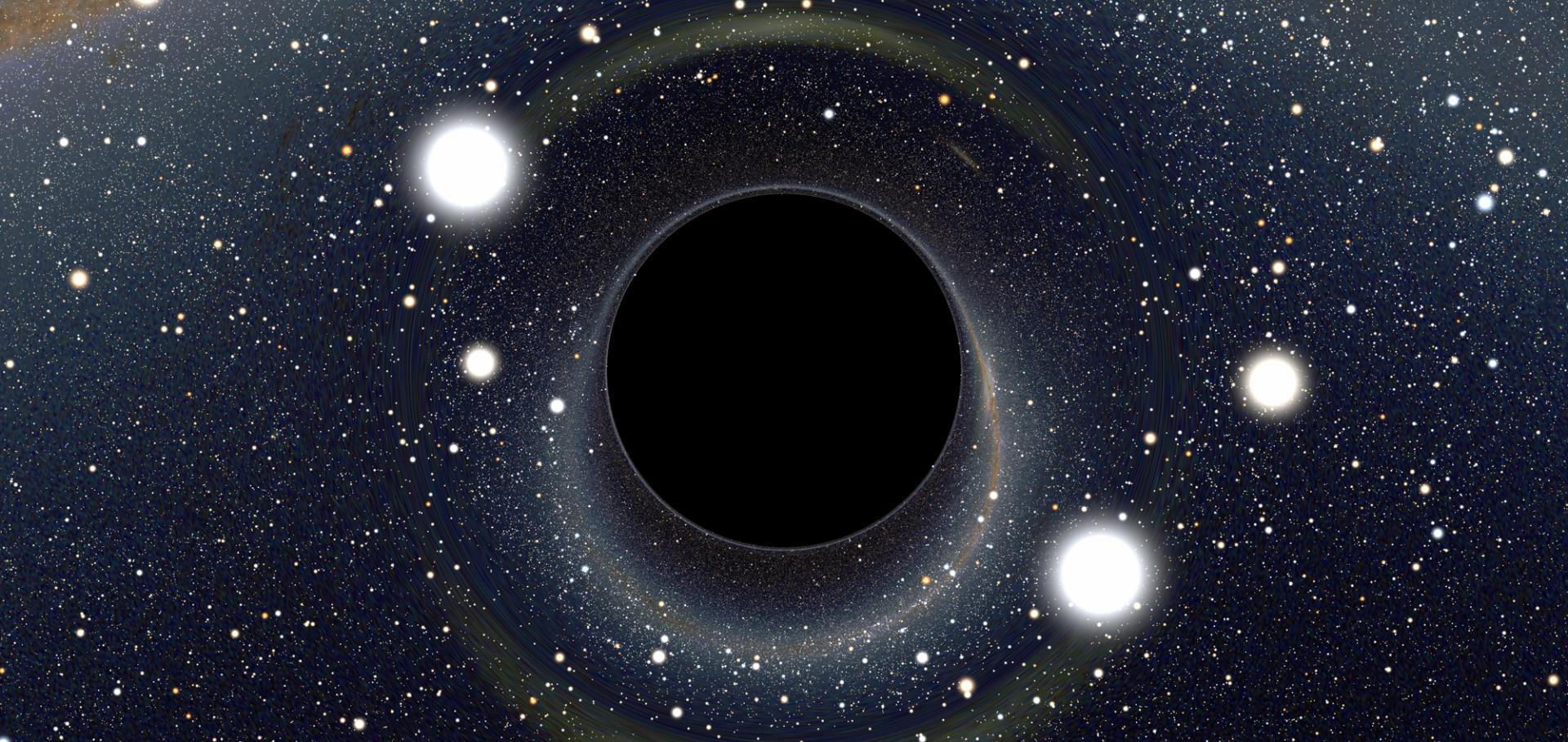Marginalised Normal Regression: Unbiased curve fitting in the presence of x-errors
The Open Journal of Astrophysics Maynooth University 6 (2023)
Marginalised Normal Regression: Unbiased curve fitting in the presence of x-errors
ArXiv 2309.00948 (2023)
Constraints on dark matter and astrophysics from tomographic $\gamma$-ray cross-correlations
(2023)
Priors for symbolic regression
GECCO '23 Companion: Proceedings of the Companion Conference on Genetic and Evolutionary Computation Association for Computing Machinery (2023) 2402-2411


